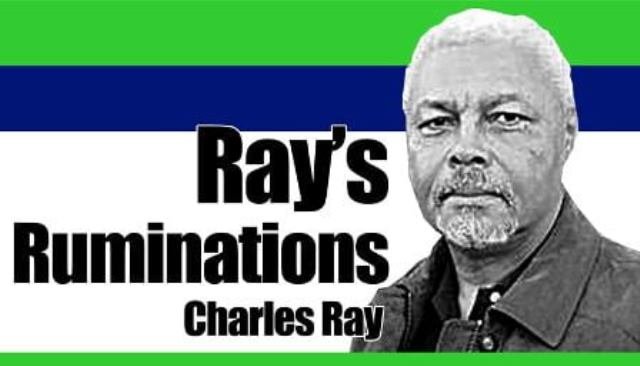
Autocratic leaders, aiming to secure their hold on power, try to gain control of the courts, the legislature, and the means of coercive power such as the military, the intelligence agencies, and the police. One little noted arm of government they also work to control, that people seldom talk much about, is the public service. The agencies of government that deliver electricity, issue licenses, and the like, staffed with faceless bureaucrats that we usually only notice when something goes wrong.
In many ways, control of the public bureaucracy is the most effective way to take control of a society or country. One reason is that the people who work in these positions are often ordinary citizens who are a part of the community being targeted for takeover. The other is that when public service goes wrong, the finger of blame is often pointed at the bureaucrat rather than the political puppet master way up in the chain of command above the bureaucrat.
Think about it. The last time you applied to renew your driver’s license and you were informed that there’s a new requirement that you were not aware of because it was not effectively communicated to the public, thus complicating and delaying what should be a routine action, who did you get upset with? Not the mayor, governor, or president, that’s for sure.
Your ire was directed at the poor schmuck at the window who just informed you of the new requirement. It never occurs to you that this person was the messenger, not the author of this irritant. The same is true of every other administrative bit of red tape you encounter, and your reaction is probably the same in each case. You blame the messenger.
Imagine this, then. A leader takes power and changes the rules so that public servants, who for the most part – in democracies at least – are hired based on qualifications rather than political or religious affiliation, must pass political loyalty tests in order to get the job.
It stands to reason then, that in the performance of their duties, political, ideological, or religious requirements – and in some cases, gender and racial as well – will determine not only how the service is performed, but if it’s performed. I offer as an example the cases in the United States of certain public officials – and some business owners – refusing service to individuals whose sexual preferences offended their religious beliefs.
Add political loyalty into the mix, and you could have a situation where you’re required to show your political affiliation to get a driver’s license, pass a religious purity test in order to get a marriage license, and so on.
Get my drift? Public service should, as its name implies, be available to all inhabitants of a community, territory, or country, without exception. Politicians will always be politics, and politics as the old saying goes, will probably always be the last refuge for scoundrels. If our societies are to function smoothly between elections, though, we really, really should try to keep politics out of public service. | NWI



